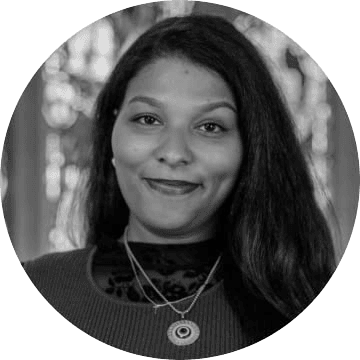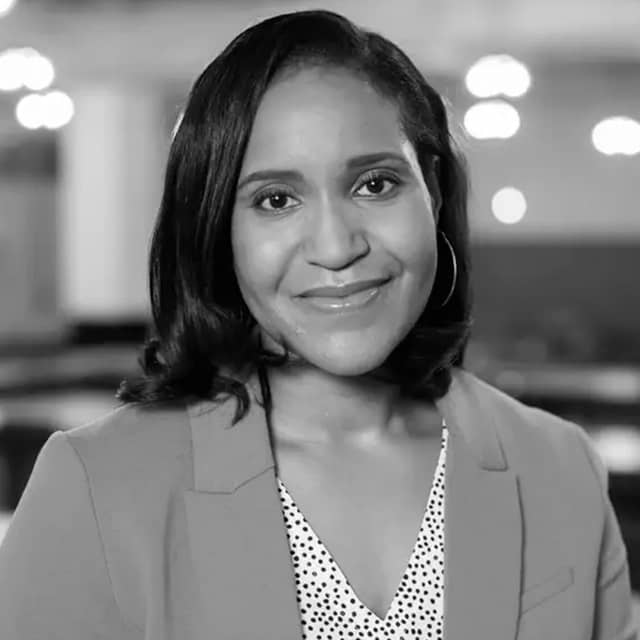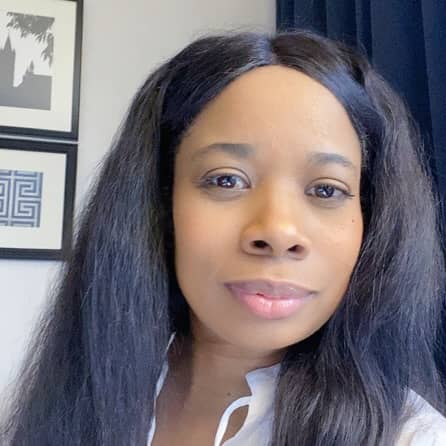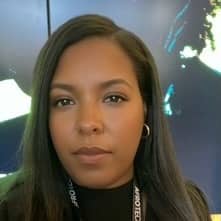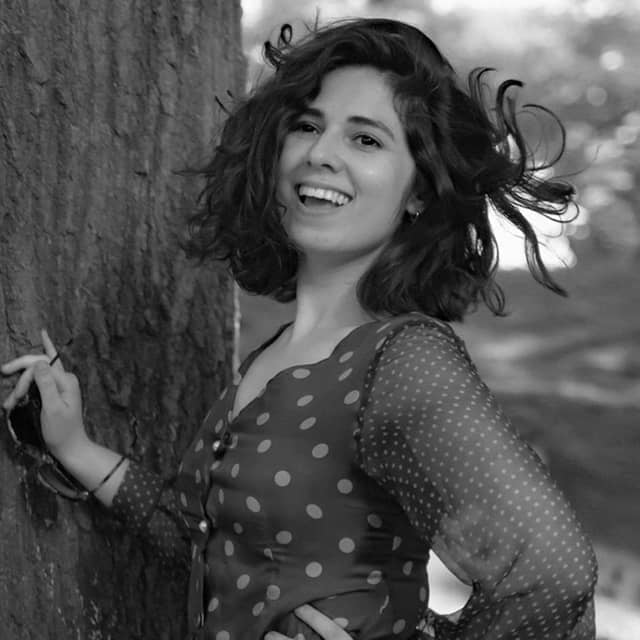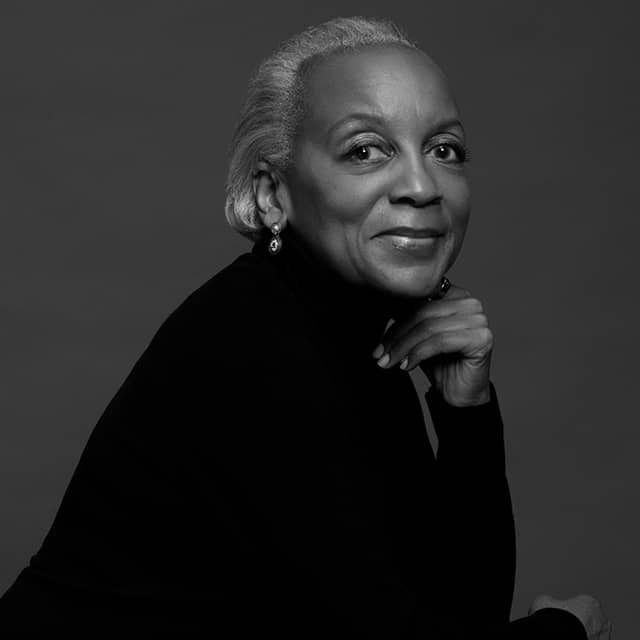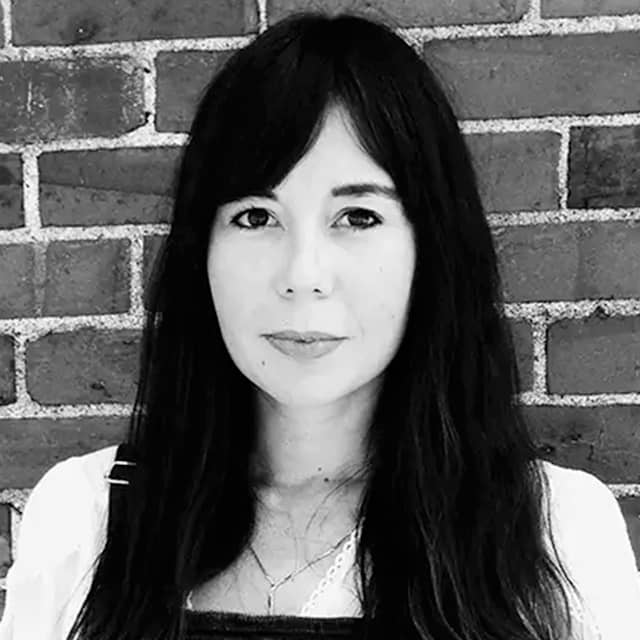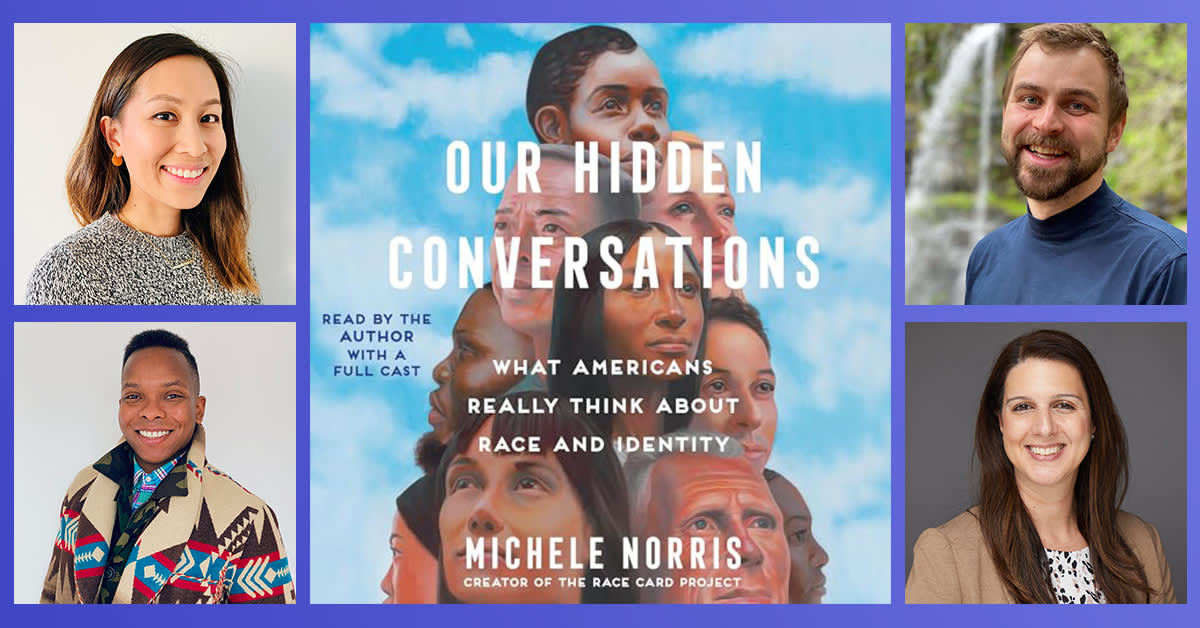As we celebrate body positivity this summer, it's also the perfect time to explore the topic of age. Age might be just a number, but it’s more than that in terms of how we approach life, how we see ourselves, and how society sees us. It’s not been kind to every age group, to the point where people sometimes lie about their age instead of owning it. But little by little, that kind of thinking is, well, getting old.
Many wear their age as a badge of honor and carry it with an air of confidence. They have earned it. Check out what our colleagues told us about how they feel, using titles of books in any genre. What would your book’s title express about your feelings on age?
Aging to me is about embracing fear and moving forward anyway. In my mid-20s, I adopted this mindset, and now, nearing my mid-30s, I see how much it has both shaped and changed my life. Fear is inevitable, but I refuse to let it dictate my choices. At the same time, I’ve left behind that fear of missing out. I used to want to be everywhere, do everything. But now I trust that some things are meant for me and some simply aren’t. I’ve stopped chasing every experience, focusing only on the ones that truly matter. To me, life isn’t about doing it all; it’s about doing what feels right. So I move forward, open and unafraid, ready for what’s next.
Since I was a teen, sneaking to read my mother’s copy of Waiting to Exhale, Terry McMillan’s words have given me a forecast into the future. Now, as I find myself closer to 50 than 15, I’m taking notes from 68-year-old Loretha Curry and her friends in It’s Not All Downhill from Here. Hip replacements, grief, and the general aches and pains of aging—it’s all there, laid bare with McMillan’s signature warmth and wit. What I love most about this book is how it tackles aging head-on, acknowledging the challenges while still finding joy in the journey. It’s a reminder that getting older doesn’t mean life is over. I feel a little less stressed about the gray hairs peppering my hairline and a lot more excited about the adventures still to come.
Shifting, an audiobook that delves into the power and complexities of Black women’s ability to navigate different scenarios, has resonated strongly in its exploration of race relations. The narrative recognizes the long-standing struggle that Black women have faced in needing to balance authenticity with professionalism, often having to suppress emotions to avoid being perceived as angry or incapable. This “shifting” has become a coping mechanism that allows Black women to showcase their intelligence and talents, while maintaining a professional demeanor. However, as Black women grow wiser with age, this shifting dynamic can either evolve to better empower them or require more effort to continually prove their worth in the face of societal biases.
Turning 40 has been a significant milestone in my life, stirring up a mix of emotions—excitement for the new chapter ahead, reflective moments about my journey so far, and uncertainty about what the future holds. Tanisha Quilter-Williams’s candid and relatable discussions on the podcast have provided me with a sense of community and understanding. Her willingness to share her own experiences of navigating her 40s has encouraged me to embrace this new phase of life with all its joys, challenges, and opportunities for personal growth. I find solace in knowing that I am not alone in this transformative time, and Forties AF has become a source of inspiration as I continue to navigate this decade with newfound perspective and purpose.
At 21 years old, I was the youngest person in my MA program when I first read Emma. I loathed every moment of it. For starters, my tenured, cigar-smoking Romantic Literature professor had it out for me. Not only did he deliver me the only A-minus of my graduate career, but he also spent each class disdainfully staring in my direction. Despite my professor’s insinuations, I felt I was nothing like the precocious Emma, who thought she was wiser than she was. The rest of my 20s were a constant uphill battle to demonstrate my wit and worth, often to much older colleagues and mentors. Of course, my efforts only amplified the truth: I still had a lot of growing left to do. Now that I’m in my 30s, I look back on younger me with the insight that maybe my Romantic Literature professor was right—and maybe, just maybe, he was also kind of a jerk had his own growing up to do.
I stopped coloring my hair in my 30s. Through the years, I have been taken for my identical twin sister’s mother, or my mother’s sister (she’s been gray since her 20s)—basically, anybody in a room who could be a relative, I’m the mother. My age has caught up to my hair; my attitude varies. I can be unapologetically immature, or the adult in the room. There is nothing in my wardrobe that’s too young. I’m also known to cop an attitude when asked, “Are you still working?” BORING! So, I am all of that, and that’s all of me. I’m a big fan of Lisa Jewell, and her title says it all.
The other day at the mall, an overzealous salesman approached me and my 12-year-old daughter, and promptly began slathering “anti-aging” cream on my face. After several polite attempts to escape, I finally said I didn’t regard wrinkles as the enemy and that to assume otherwise was a perpetuation of our toxic beauty culture. As we sailed out, I hoped my patron saint of aging, Clarissa Pinkola Estés, would be proud. Applying Jungian analysis to folk tales from around the world, Dr. Estés helps listeners unlearn harmful messages and awaken their ancient wildness and wisdom. Her classic bestseller, Women Who Run with the Wolves, is strong medicine for tapping into your ancestral intuition and taking a mythic, sometimes mystical perspective to aging. And it does so much more for the soul than any cream.


